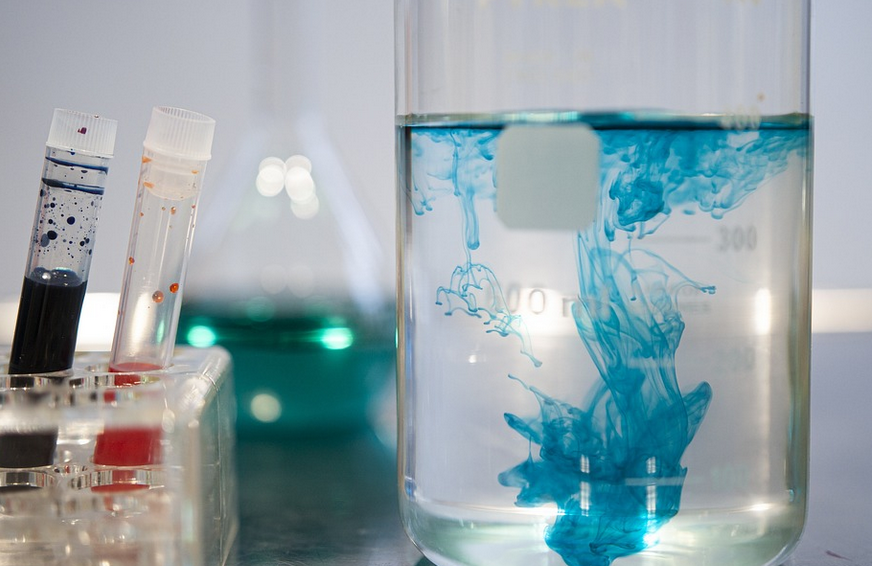The Relationship Between Alcohol and Serotonin
Alcohol consumption has been a part of human culture for centuries. People drink alcohol for various reasons, such as to relax, socialize, or relieve stress. However, what many people do not know is that alcohol affects the levels of serotonin in the brain. Serotonin is a neurotransmitter that regulates mood, sleep, and appetite. It is often referred to as the “feel-good” hormone because it can induce feelings of happiness and well-being.
How Alcohol Affects Serotonin Levels
Alcohol consumption can increase the release of serotonin in the brain. When alcohol is consumed, it activates the brain’s reward system, which releases dopamine, another neurotransmitter that induces feelings of pleasure. This pleasure response is what makes people feel good after drinking alcohol. However, excessive alcohol consumption can deplete the brain’s serotonin levels, which can lead to negative side effects such as anxiety and depression.
The Short-Term Effects of Alcohol on Serotonin
In the short term, alcohol consumption can increase serotonin levels, which can lead to feelings of happiness and well-being. This is why people often feel more relaxed and sociable after drinking. However, as the effects of alcohol wear off, the brain’s serotonin levels can drop, which can lead to feelings of anxiety and depression. This is why some people experience hangover symptoms such as mood swings and irritability.
The Long-Term Effects of Alcohol on Serotonin
Long-term alcohol consumption can have negative effects on the brain’s serotonin levels. Chronic alcohol abuse can lead to a decrease in serotonin receptors, which can lead to a decrease in the brain’s ability to regulate mood and emotions. This can lead to a greater risk of depression, anxiety, and other mental health disorders.
The Risks of Drinking Alcohol
While alcohol may have some short-term benefits, such as inducing feelings of relaxation and sociability, it is important to be aware of the risks associated with drinking. Excessive alcohol consumption can lead to a variety of negative health effects, including liver disease, heart disease, and cancer. It can also lead to addiction and dependence, which can have serious consequences for a person’s physical and mental health.
Tips for Drinking Responsibly
If you do choose to drink alcohol, it is important to do so responsibly. This means drinking in moderation and being aware of the risks associated with alcohol consumption. Here are some tips for drinking responsibly: – Limit your alcohol consumption to no more than one drink per hour. – Drink water or other non-alcoholic beverages in between alcoholic drinks. – Never drink and drive or operate heavy machinery while under the influence of alcohol. – Avoid drinking if you are pregnant or have certain medical conditions.
The Bottom Line
While alcohol consumption can increase serotonin levels in the short term, excessive alcohol consumption can have negative effects on the brain’s ability to regulate mood and emotions. It is important to be aware of the risks associated with alcohol consumption and to drink responsibly. If you have concerns about your drinking habits or mental health, it is important to seek help from a medical professional.

